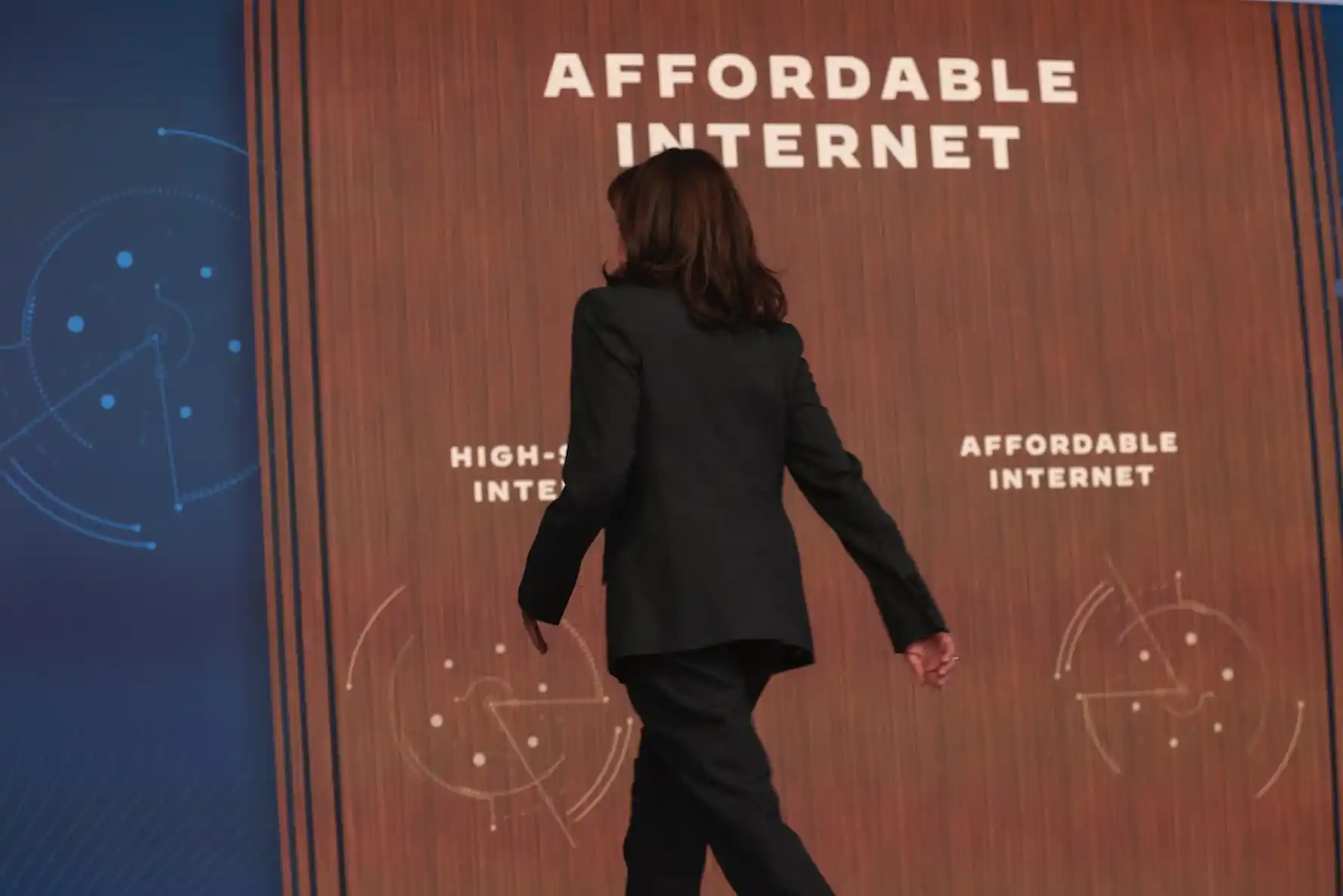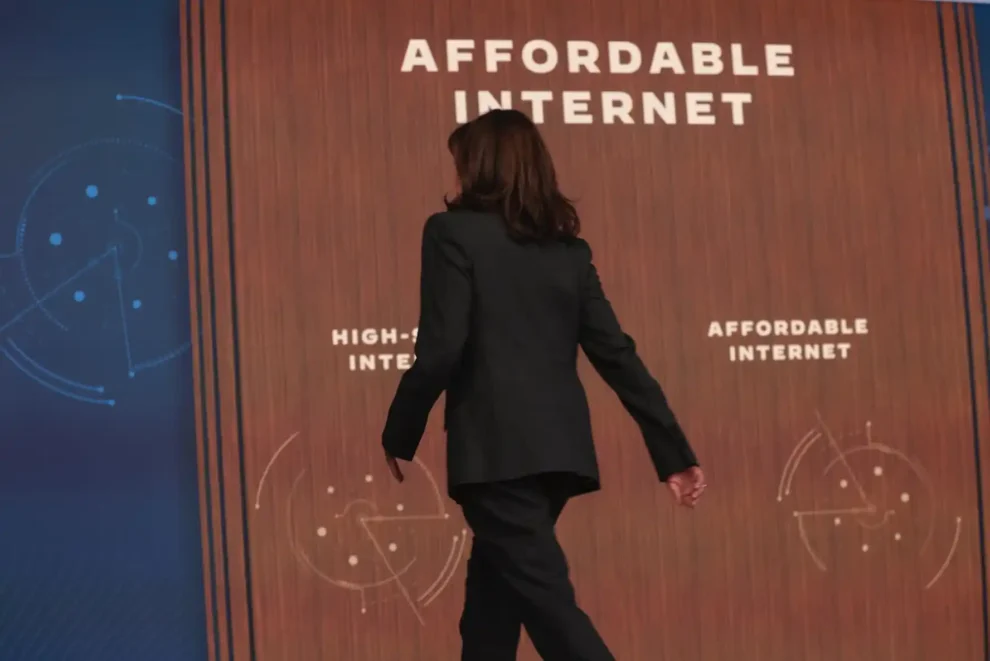The imminent termination of the Affordable Connectivity Program (ACP), a cornerstone initiative aimed at ensuring affordable internet access to low-income American households, has sparked widespread concern among policymakers, industry leaders, and the public. Spearheaded by the Federal Communications Commission (FCC), the ACP’s discontinuation looms as a significant setback in the nation’s efforts to bridge the digital divide, with far-reaching implications for economic prosperity and social equity.
Key Highlights:
- The FCC has initiated steps to wind down the ACP due to anticipated depletion of funds by April 2024 unless Congress intervenes with additional funding.
- Over 22 million households currently benefit from the ACP, highlighting its critical role in providing affordable internet access.
- FCC Commissioner Anna M. Gomez and FCC Chairwoman Jessica Rosenworcel have both voiced strong opposition to the program’s conclusion, citing detrimental impacts on economic growth and access to essential services.
- Bipartisan support is evident for the continuation of the ACP, with over 400 supporters advocating for legislative action to sustain the program.

The Affordable Connectivity Program: A Lifeline at Risk
Launched as part of the Bipartisan Infrastructure Law in 2021 with an initial funding of $14.2 billion, the ACP has been instrumental in offering up to $30 per month towards internet service for eligible households, and up to $75 for those on qualifying Tribal lands. Its impending conclusion, marked by a cessation of new enrollments as of February 7, 2024, signals a critical juncture for millions relying on this subsidy to access online education, healthcare, employment, and more.
The Economic and Social Imperative of Broadband Access
The ACP’s significance extends beyond individual connectivity; it’s a catalyst for economic growth and social inclusion. FCC Commissioner Anna M. Gomez emphasizes the program’s role in addressing both affordability and access, essential components for realizing the full benefits of the nation’s broadband infrastructure investments. Research supports the profound economic benefits of expanded broadband access, with studies indicating its positive correlation with job growth, business formation, and overall community prosperity.
Bipartisan Legislative Efforts and Industry Support
The bipartisan introduction of the Affordable Connectivity Program Extension Act of 2024 underscores the widespread recognition of the ACP’s value. Industry leaders and public interest groups alike have rallied in support, highlighting the program’s pivotal role in keeping millions of American families connected and engaged in the digital economy.
The Urgent Call for Congressional Action
With the clock ticking towards the ACP’s cessation, FCC Chairwoman Jessica Rosenworcel’s year-end appeal to Congress for funding renewal reflects a broader consensus on the need to sustain this vital program. Despite the demonstrated success in enrolling over 22 million households and the allocation of more than $77 million in outreach grants, the program faces a precarious future without immediate legislative intervention.
Towards a Connected and Prosperous Future
The potential end of the Affordable Connectivity Program represents not just a loss of internet access for millions but a step back in our collective journey towards digital inclusivity and economic resilience. As the digital divide persists, the ACP stands as a testament to what can be achieved with targeted, bipartisan support for connectivity. The call to action is clear: to safeguard the gains made and to continue advancing towards a future where every American household can thrive in the digital age. Without sustained commitment and funding, the risk of widening the digital divide could undermine decades of progress, leaving vulnerable populations further behind.


















